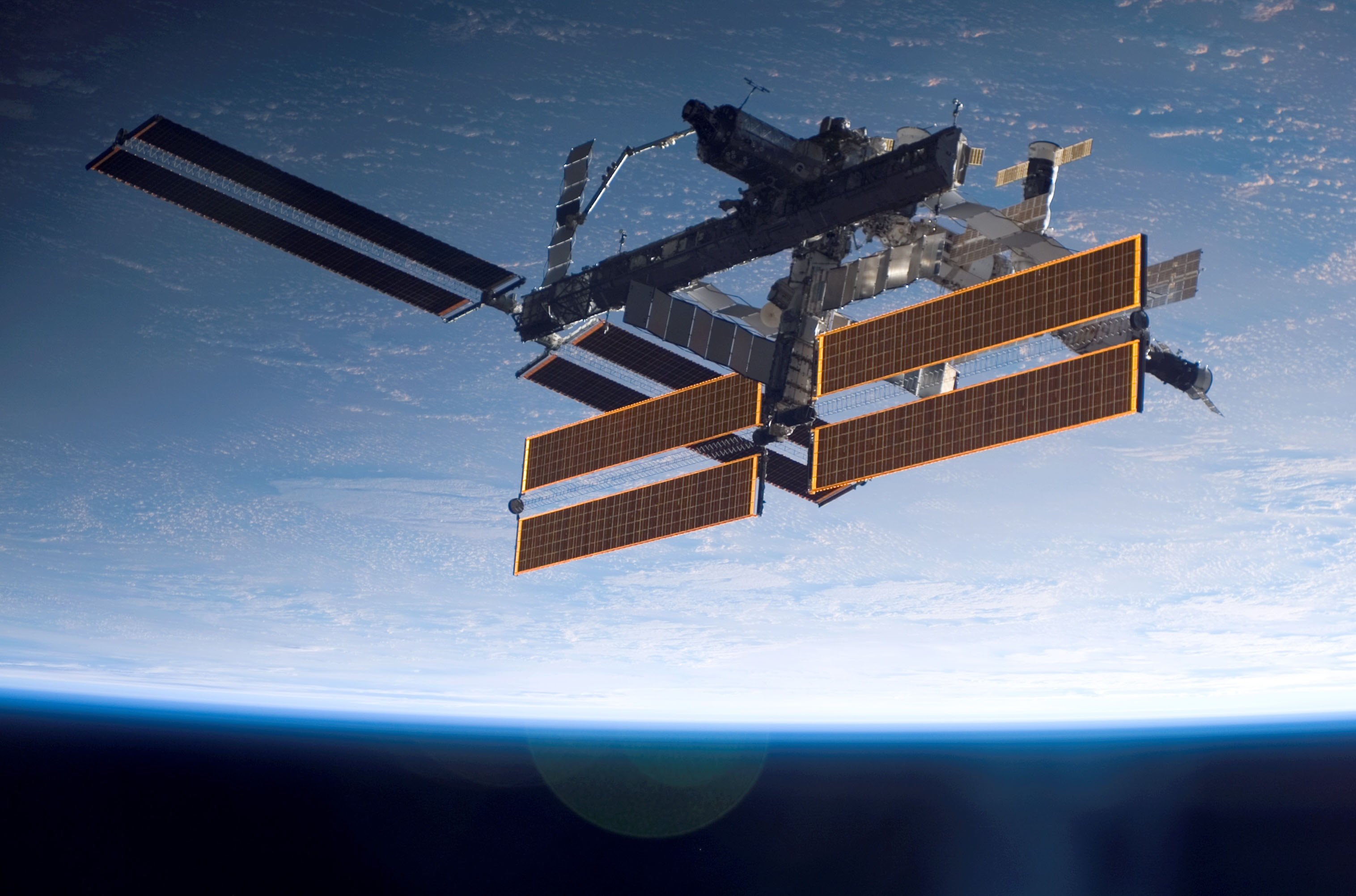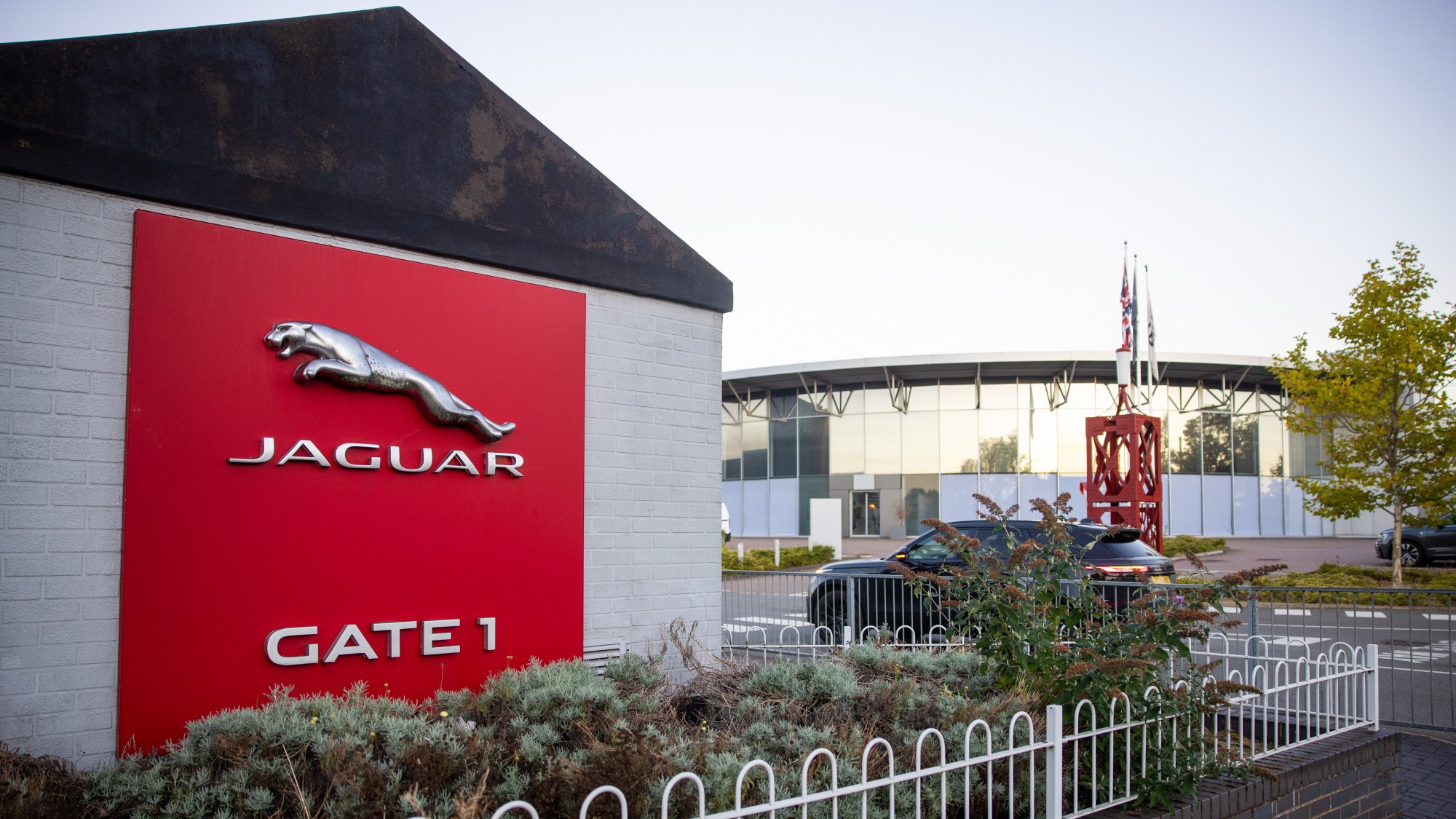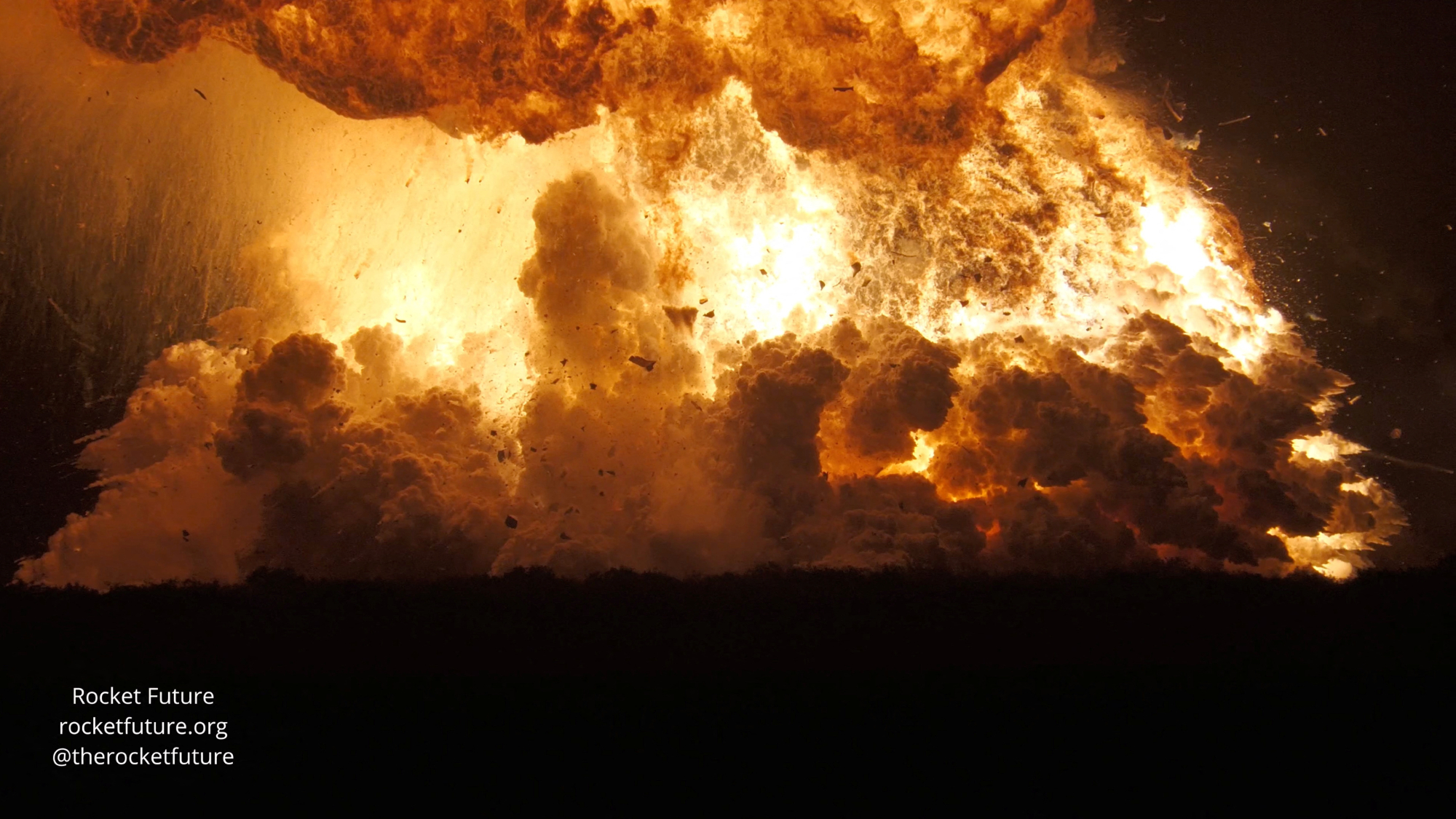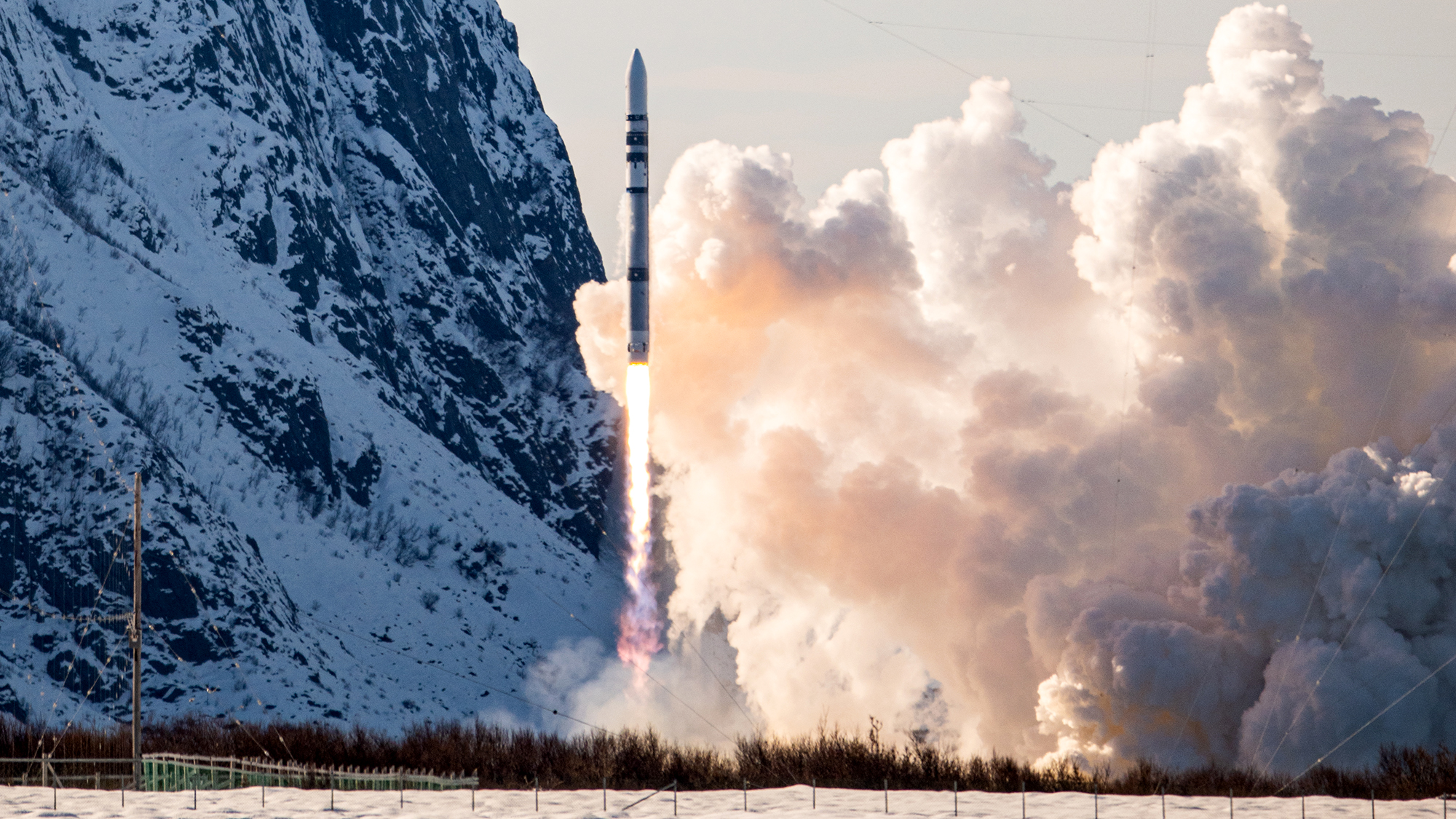Nasa data breach: what happened and who is affected?
US space agency reveals it suffered cyber attack two months ago

A free daily email with the biggest news stories of the day – and the best features from TheWeek.com
You are now subscribed
Your newsletter sign-up was successful
Nasa has emerged as the latest major organisation to suffer a cyber attack after an internal memo revealed that employee information had been leaked.
The US space agency said in a message to workers on Tuesday that two of its severs had been accessed by an unauthorised party on 23 October.
The memo, posted by science news site SpaceRef, reveals that the severs contained information about current and former employees, including Social Security numbers.
The Week
Escape your echo chamber. Get the facts behind the news, plus analysis from multiple perspectives.

Sign up for The Week's Free Newsletters
From our morning news briefing to a weekly Good News Newsletter, get the best of The Week delivered directly to your inbox.
From our morning news briefing to a weekly Good News Newsletter, get the best of The Week delivered directly to your inbox.
“Nasa is continuing its efforts to secure all servers, and is reviewing its processes and procedures to ensure that the latest security practices are being followed throughout the agency,” said Nasa’s assistant administrator Bob Gibbs in the company-wide note.
He added that the agency is working with “cybersecurity partners” to examine the extent of the data breach and determine which personnel have been impacted by the attack.
Speaking to The Independent, Sam Curry, chief security officer at security firm Cybereason, said Nasa’s first priority will be “to limit harm and help the victims while also ensuring that the breach is remediated, but after that it’s time to go into the more painful mission phase and learn from the results”.
But it’s not the first time the space agency has been entangled in a cyber security scandal.
A free daily email with the biggest news stories of the day – and the best features from TheWeek.com
In 2012, Nasa inspector general Paul K Martin told US lawmakers that hackers gained “full functional control” of the agency’s key computers in 2011 and were in a position to “modify, copy, or delete sensitive files”, the BBC reports.
Martin claimed that the agency suffered “5,408 computer security incidents” between 2010 and 2011.
He added that the agency is a “target-rich environment for cyber attacks”. Individuals are motivated by “testing their skill to break into Nasa systems, to well-organised criminal enterprises hacking for profit, to intrusions that may have been sponsored by foreign intelligence services”.
The Nasa attack follows other major data breaches in 2018, including the Marriott Starwood leaks in November and the British Airways hack in September.
Who is affected?
Staff employed by Nasa between July 2006 and October 2018 may have had their data exposed by the attack, though the company has not been able to narrow down whether hackers stole any personal information.
Along with Social Security numbers being exposed, the agency claims that personally identifiable information (PII), a broad term that could include anything from a person’s date of birth to their passport number, may also have been “exfiltrated”.
Nasa has urged workers to “take the necessary precautions to prevent possible identity theft”, says Gizmodo.
Why Nasa waited two months to go public on the hack has not been revealed. However, tech news site ZDNet says it is “common” for authorities in the US to asked hacked organisations to “delay notifying affected victims while they investigate an incident”.
Were missions compromised?
Not at the moment, no. Nasa said it “does not believe that any agency missions were jeopardised by the cyber incidents”.
-
 ‘The West needs people’
‘The West needs people’Instant Opinion Opinion, comment and editorials of the day
-
 Filing statuses: What they are and how to choose one for your taxes
Filing statuses: What they are and how to choose one for your taxesThe Explainer Your status will determine how much you pay, plus the tax credits and deductions you can claim
-
 Nan Goldin: The Ballad of Sexual Dependency – an ‘engrossing’ exhibition
Nan Goldin: The Ballad of Sexual Dependency – an ‘engrossing’ exhibitionThe Week Recommends All 126 images from the American photographer’s ‘influential’ photobook have come to the UK for the first time
-
 Data centers could soon be orbiting in space
Data centers could soon be orbiting in spaceUnder the radar The AI revolution is going cosmic
-
 Why Britain is struggling to stop the ransomware cyberattacks
Why Britain is struggling to stop the ransomware cyberattacksThe Explainer New business models have greatly lowered barriers to entry for criminal hackers
-
 Who are the new-wave hackers bringing the world to a halt?
Who are the new-wave hackers bringing the world to a halt?The Explainer Individual groups and nations are beginning to form concerning partnerships with new ways to commit cybercrime
-
 Jaguar Land Rover’s cyber bailout
Jaguar Land Rover’s cyber bailoutTalking Point Should the government do more to protect business from the ‘cyber shockwave’?
-
 Another Starship blast sets back Musk's Mars hopes
Another Starship blast sets back Musk's Mars hopesSpeed Read Nobody was killed in the explosion, which occurred in south Texas
-
 Airplane crash-detection systems could be vulnerable to hackers
Airplane crash-detection systems could be vulnerable to hackersUnder the Radar 'The idea scares the shit out of me,' one pilot said
-
 Test flight of orbital rocket from Europe explodes
Test flight of orbital rocket from Europe explodesSpeed Read Isar Aerospace conducted the first test flight of the Spectrum orbital rocket, which crashed after takeoff
-
 Jeff Bezos, Elon Musk and the billionaire space race
Jeff Bezos, Elon Musk and the billionaire space raceThe Explainer Tesla CEO and Amazon founder vie for dominance of satellite launch market and could influence Nasa plans to return to Moon